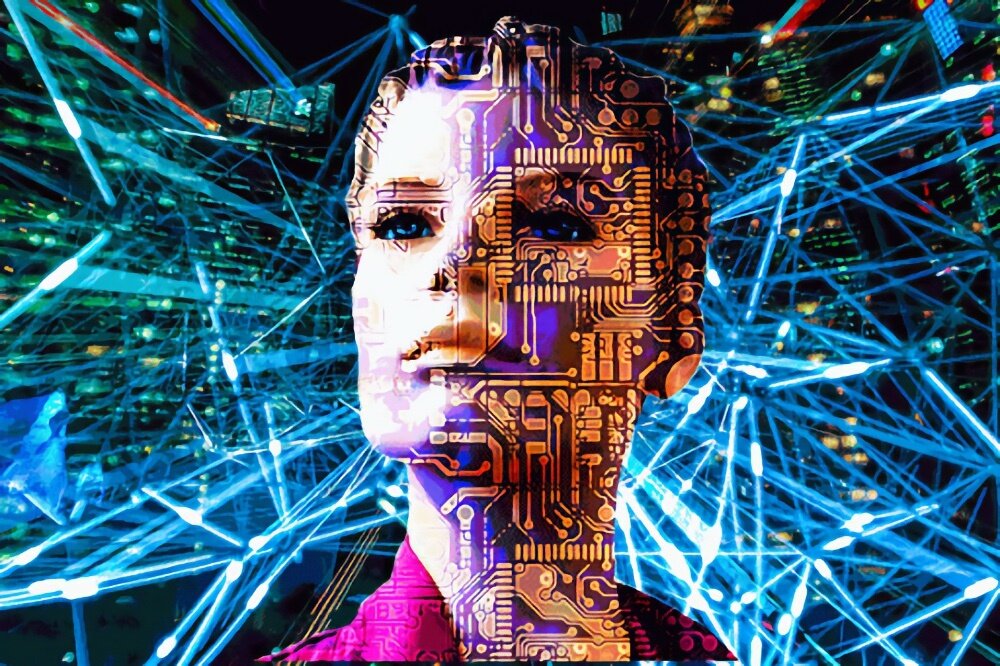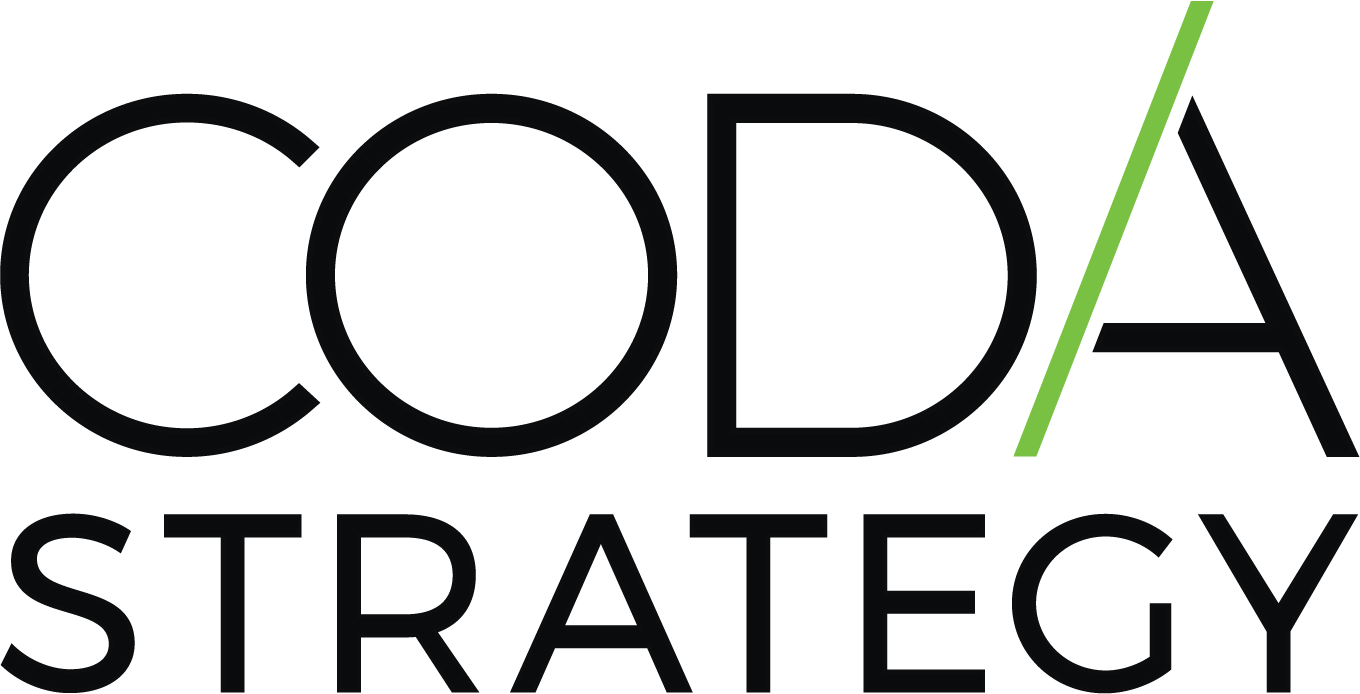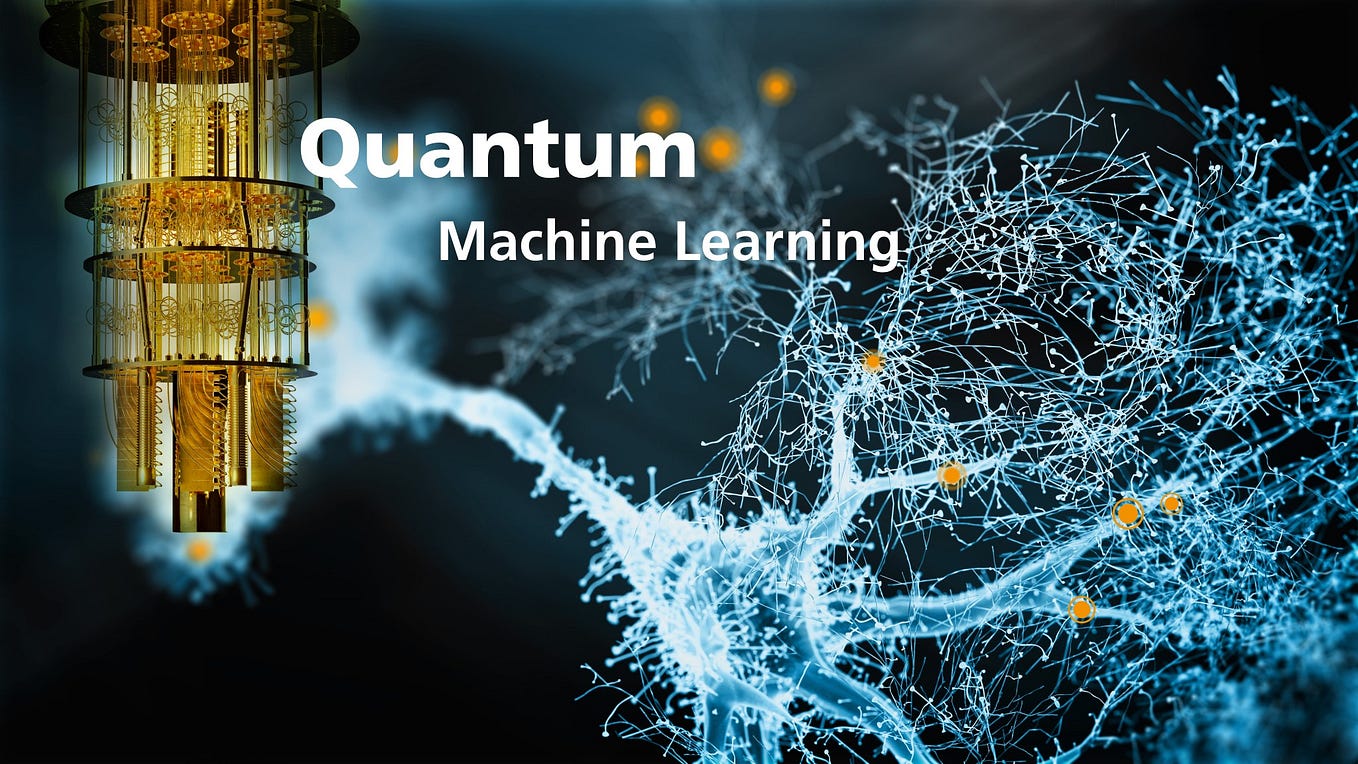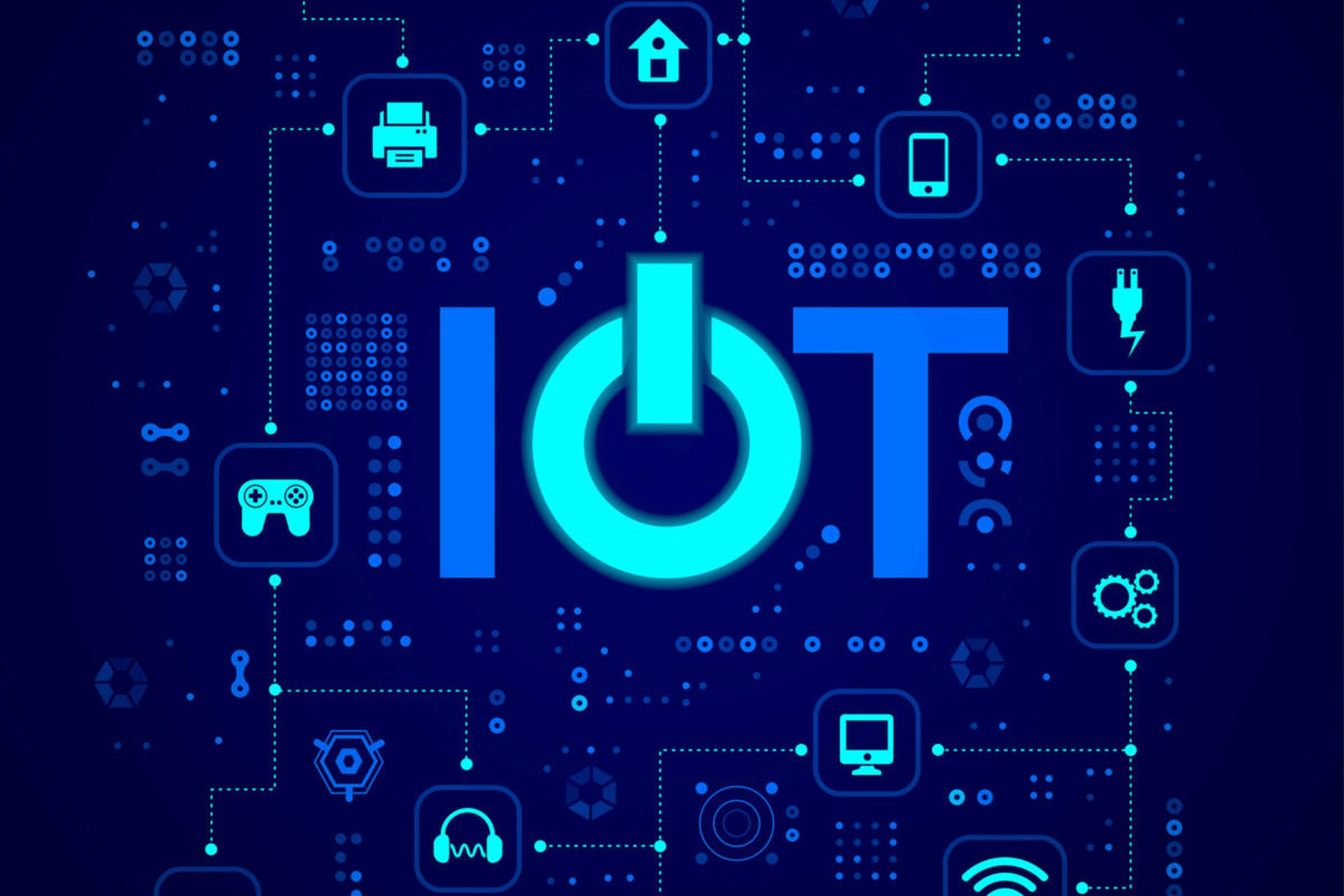
Imagine a world where AI brews your morning cup of joe before you even open your eyes. Seems like a world that is more science fiction movie than mere reality, right? This notion, however, cannot be booted as the result of an overly imaginative mind. It’s not just about robots taking over mundane chores; rather it’s about probing deeper into multiple subjects.
The clash between man and machine has been a major narrative in science fiction for decades. As the sun of technology rises, casting light on what was once thought to be unimaginable, an intriguing issue lies in the shadows: Could Artificial Intelligence replace humans? The thought alone has sparked fierce arguments and heated debates among both tech lovers and skeptics.
As humans writing this piece, we’ll not merely skim over polarized altercations. We will go deep into what makes us fundamentally human – our capacity for decision-making, problem-solving, learning, and language. Can an AI system truly replicate these abilities? Or can it even outperform us? To tussle with this thought, consider your innate ability to comprehend nuances such as emotions, art interpretation, or the complex workings of the human brain.
Artificial intelligence holds an undeniable power. It has already made inroads into a multitude of fields. AI is everywhere, from self-driven cars to face recognition systems in our smartphones and even forecasting economic trends!
On the surface, many human jobs seem readily replaceable by generative AI solutions. The one that’s ruling the world today is OpenAI’s ChatGPT. It makes sense that artificial intelligence’s prospect to boost output and automate operations excites many corporate executives. However, remember that human intellect is still indispensable when implementing AI. Even with its incredible ability to yield content, artificial intelligence is not without its loopholes.
Following are a few of the principal rationales why human touch is necessary for AI solutions. (the list is not all-inclusive – there will be more!)
AI breaks down at these crossroads!
Artificial intelligence holds an undeniable power. It has already made inroads into a multitude of fields. AI is everywhere, from self-driven cars to face recognition systems in our smartphones and even forecasting economic trends!
On the surface, many human jobs seem readily replaceable by generative AI solutions. The one that’s ruling the world today is OpenAI's ChatGPT. It makes sense that artificial intelligence's prospect to boost output and automate operations excites many corporate executives. However, remember that human intellect is still indispensable when implementing AI. Even with its incredible ability to yield content, it is not without its loopholes. So, does artificial intelligence replace humans? Not a chance!
Following are a few of the principal rationales why human touch is necessary for AI solutions. (the list is not all-inclusive - there will be more!)
AI hallucinates.
It is well established at this point that generative AI has no hesitancy about faking if it does not know the valid response to a query. In the preface, ChatGPT’s OpenAI warns about this phenomenon, which AI experts call ‘hallucinating.’
“I don’t think that there’s any model today that doesn’t suffer from some hallucination,” says Daniela Amodei, co-founder and president of Anthropic, an AI safety and research business.
You could get yourself into a crisis if you use AI-generated content without having it revised and checked. Even if using such tools to produce content saves time, make sure that somebody out there reviews it before it is submitted or publicized. If not, your organization can wind up looking lame at best and getting into trouble with the law at worst.
Humans make Artificial Intelligence work.
Big language models and other generative artificial intelligence seem to write and create illustrations independently. But, these programs fuel their power by taking in massive datasets of human-generated input. For instance, according to the OpenAI article “How ChatGPT and Our Language Models Are Developed,” the business creates large language models using data permitted and certified by third parties, freely available online and fetched from human trainers. Ultimately, consideration and reflective human input are paramount for generative AI platforms to provide quality outcomes. This typically includes prompts, comments, statements, and direct guidance.
AI needs to be fact-checked.
The fact that AI chatbots, such as ChatGPT or Google Bard, frequently make errors and require human moderators to cross-check their information is crucial. Although artificial intelligence can learn and memorize much faster than humans, it lacks common sense. It cannot reason or challenge facts to the same extent as human heads either.
The takeaway here is that fact-checking will presumably become a notable vocation in the future. This is because artificial intelligence cannot regulate itself and mandates outside assistance. Therefore, in the interim, you might want to brush up on your R&D skills and return to the real work.
Machines aren’t necessarily fair.
Bias is another reason why human stakeholders should reevaluate AI-generated work. For instance, applications for loans or rentals may be unjustly repudiated by programs trained on erroneous datasets, the National Institute of Standards and Technology (NIST) forewarns.
To address AI discrimination, NIST researchers have proposed a ‘socio-technical’ system since a purely technical one is viable to bypass the larger societal context. In the end, AI matures very quickly. Hence, these constraints may eventually vanish. But currently, if you think these machines and tools developed by artificial intelligence replace humans easily - this isn’t wholly possible. Even though artificial intelligence can revolutionize business to a greater extent, consistent success still demands the integration of reliable human intellect at every point.

AI does not have soft skills.
Soft skills are a must-have for all employees in the workplace. These include interpersonal skills, teamwork and collaboration, critical and creative thinking, attention to detail, and persuasive communication. Every industry needs these aptitudes in their associates; thus, if you want to excel professionally, you must acquire and own them fully.
These are mini-talents that humans must learn to be able to function. Further, learning them is worthwhile to all people, regardless of status. Both business leaders and a bunch of field workers in any enterprise count on them to thrive. You, therefore, have the edge over AI in the workplace.
Artificially intelligent machines are unfamiliar with these terms vital for professional growth and progress. It bears a great degree of emotional and cognitive intelligence to have these abilities on the hand that a tool simply can’t.
AI can’t perform manual labor.
White-collar jobs like writing, programming, accounting, and design are more feasible to accomplish entirely or partially by artificially intelligent systems as they implicate using software.
However, since they involve physical labor, blue-collar professions like those of a plumber, electrician, police officer, bricklayer, and construction worker are not at all in jeopardy of becoming obsolete as a mark of AI integration in the world, honestly, you just can't ask ChatGPT to construct a building, after all!
Still, blue-collar jobs appear to be immune from the AI invasion. But, soon, AI systems might be able to construct homes with automated 3D printers. Anything could happen in this techno world, right?
AI’s creativity is confined to the data it gets
AI lacks human ingenuity when it comes to ideation and problem-solving. As discussed earlier, it only cappes to employ its offered facts. Consequently, it only toils on the provided templates and cannot develop new strategies, styles, or modes of action.
Both employers and employees are mindful of the worth of innovation in the workplace. Whereas AI is designed to behave with tedious, repetitive tasks, creativity, on the other hand, gives the satisfying feeling of something fresh and novel.
Further, thinking outside the box links to creative thinking as well. Machines intend to ‘think within the box’ (Not a good thing!). This insinuates that the limitations of the provided data specify how AI programs can act.
AI doesn’t have any gut feelings or intuition.
One amazing gift that the human mind has is its intuition. Our gut feeling navigates innovation, profitable business endeavors, and sometimes even life-sparing decisions. We can make quick decisions with all-around understanding, even without all the facts and details, because of a mix of our experiences, knowledge, and subconscious processing. While individuals have the innate ability to delegate their impulses and make decisions that go beyond the boundaries of pure logic, AI is conditional to the opposites.
Lacking adaptability and dynamic learning
Additionally, people are lifelong learners who are always changing and adjusting to new circumstances and obstacles. Our ability to learn new things, grow as individuals, and acclimate to shifting conditions gives us an advantage over machines. Even AI chatbots with Machine Learning integration work in a defined boundary. Further, humans can merge knowledge from many sources, apply talents to various jobs, and generalize knowledge from one field to another. We can welcome change, negotiate uncharted territory, and constantly reinvent ourselves because of our adaptability.
Work with AI, Not Fear It!
It's not all black and white, though; AI can outshine humans in repetitive tasks & structured domains. But does this make AI better? Not quite so! It just makes them effective tools under the supervision of what makes humans unique: inventiveness, fuzziness, and the capacity for abstract thought. Human intuition and artificial intelligence's lightning-fast processing can go hand-in-hand to accelerate headway rather than necessarily outdo one another.
How far can AI mimic the mental acuity of its creator? Only time will tell!
P.S. Remember this piece next time you hear somebody say that AI will push people out of the workforce. Tell them that technology ‘made by humans’ will never be able to ‘replace’ humans - END OF STORY!
Post a comment Cancel reply
Related Posts
From Turing to ChatGPT: What the History of NLP Teaches Us About the Business Applications of AI
Alan Turing first proposed his test of machine intelligence in 1950. He described an “imitation…
7 AI-Powered Apps on Mac for Small Businesses
If you own a small business it can be difficult to keep up with all…
Quantum Machine Learning | Connecting AI And Quantum Computing
Have you ever wondered if your future job might involve interacting with a device that…
How To Control IoT Devices | Managing The Future of Connectivity
Introduction To IoT Devices Your thermostat adjusting itself based on your schedule or your coffee…




